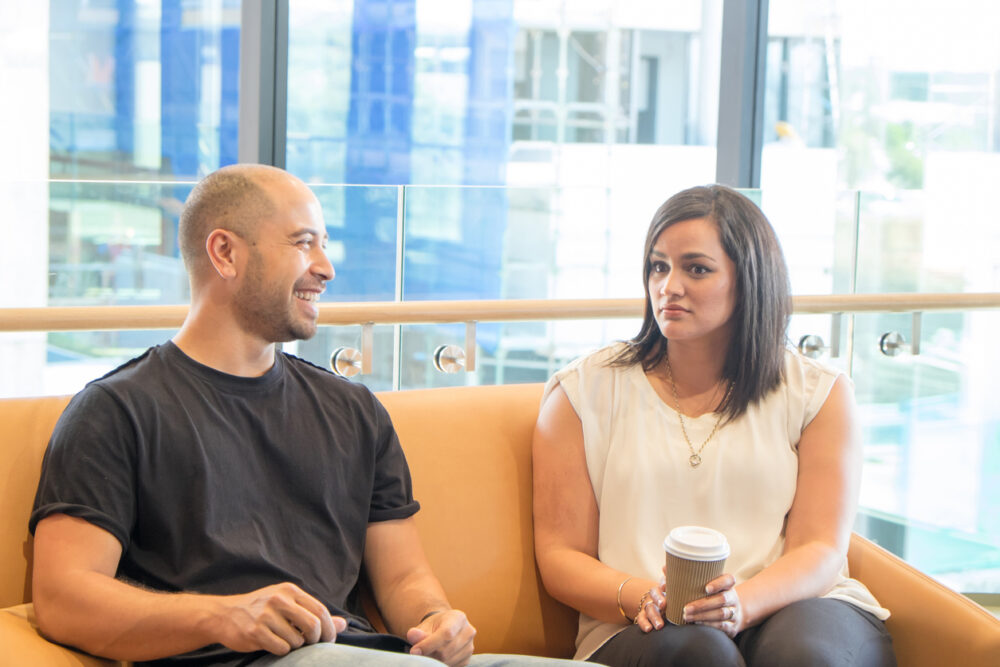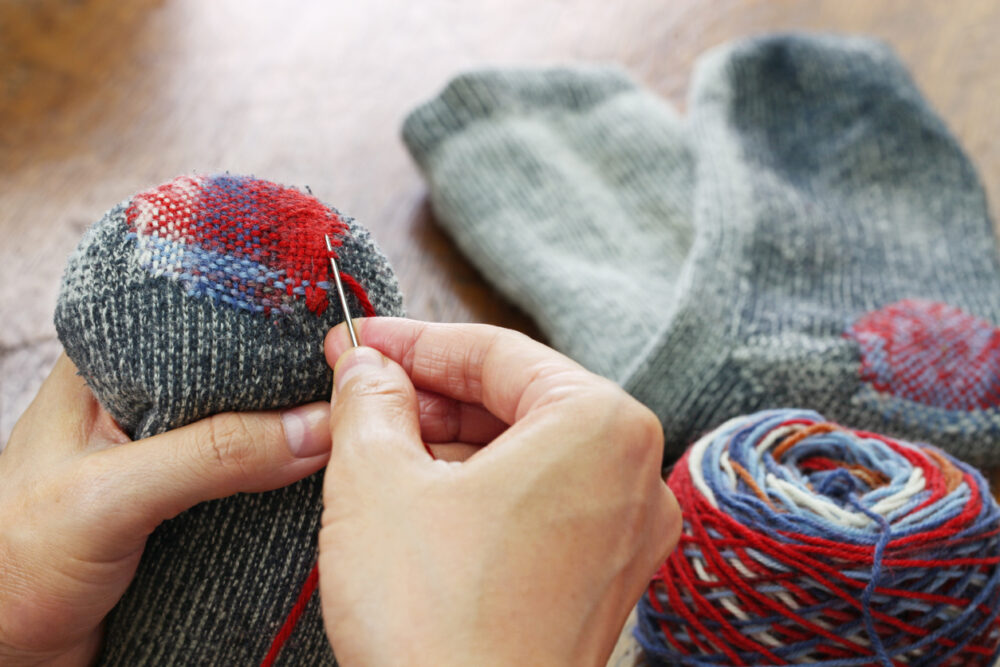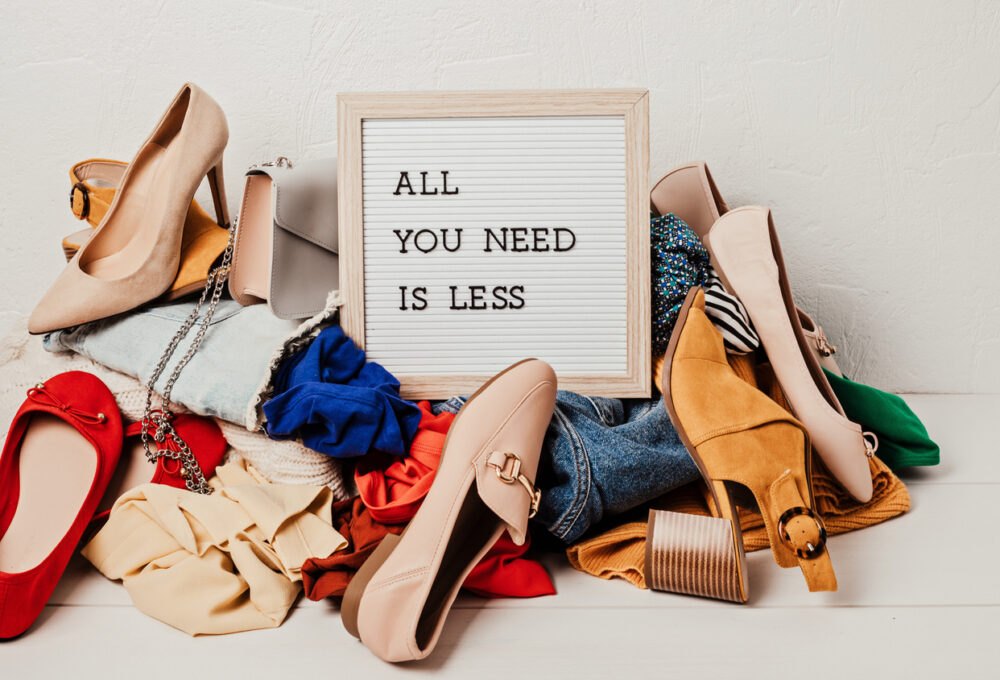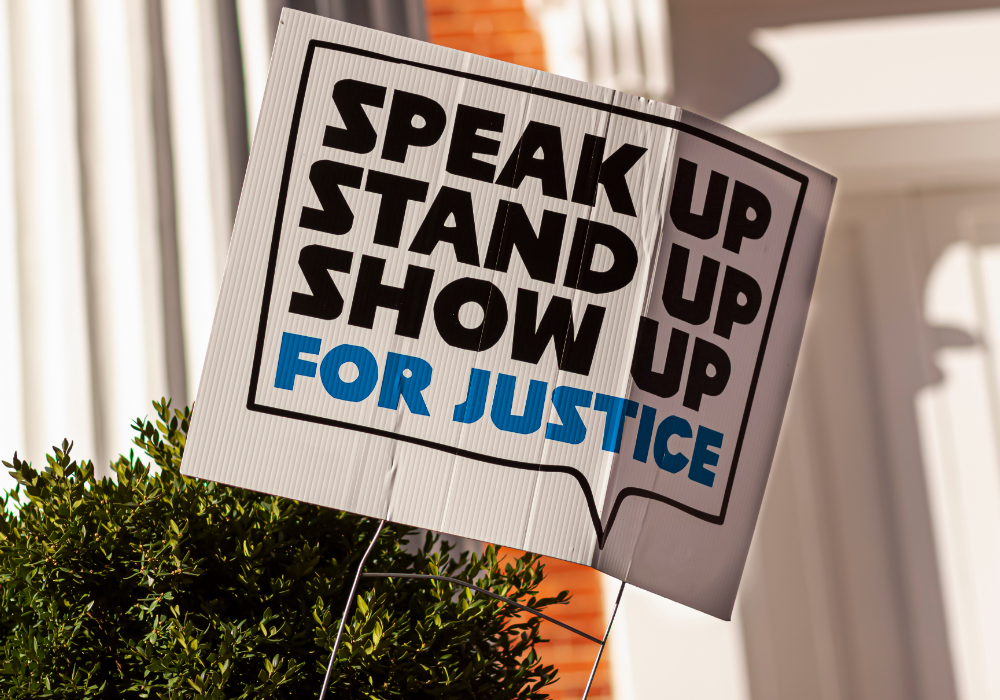What you do daily says more than you think—especially when it comes to the world we’re all building.

It’s easy to feel small in the face of global problems. Climate change, labor exploitation, rising inequality—these aren’t things most of us can fix alone. And the systems behind them are massive by design. So when you’re told to recycle, eat less meat, or shop local, it can feel a little… hollow. What difference does one person make?
But values don’t just show up in grand gestures. They live in habits, preferences, and quiet choices. Over time, those choices can ripple outward—through your workplace, your household, your community. They don’t fix everything. But they do create pressure. They do build culture. And they remind us that change doesn’t always start top-down. Sometimes, it starts when enough people stop looking away.
1. What you buy signals what gets made.

Every purchase tells companies what you’ll accept—and what you won’t. When people started choosing cruelty-free products, brands scrambled to advertise “not tested on animals.” When plastic-free packaging became a trend, corporations raced to look sustainable—even if the follow-through was weak. According to research from Sherry Frey and colleagues at McKinsey & Company, a growing number of consumers are putting real money behind sustainability, and companies are paying attention.
That doesn’t mean you can shop your way out of a crisis. But it does mean your spending habits send signals up the chain. Supporting small businesses, ethical producers, or secondhand sellers doesn’t just feel good—it shifts demand. And when enough people shift demand, supply follows. Every dollar says, “More of this, please.” The question is whether that “this” aligns with your values—or just convenience.
2. How you eat affects more than your own health.

Diet choices often get framed as personal—but they’re also deeply political. Cassandra Brooks, writing for the Stanford Woods Institute, highlights how meat production consumes vast amounts of land, water, and grain—putting immense pressure on ecosystems and resources.
Industrial farming systems often rely on exploited labor, environmental shortcuts, and government subsidies. Choosing to eat less meat or support local farms might feel small, but it chips away at a system built on volume and invisibility.
You don’t have to go fully vegan to make an impact. Even swapping one or two meals a week can reduce demand. Choosing seasonal produce supports regional growers. Learning where your food comes from—and who profits—can turn a passive habit into a conscious act. Food is fuel, yes. But it’s also power. And every plate is a reflection of what that power supports.
3. Who you follow shapes what gets normalized.

Social media might feel trivial, but it plays a huge role in what we see, celebrate, and accept. Following influencers who promote fast fashion, overconsumption, or unrealistic lifestyles keeps those systems visible—and profitable. As Lana O’Sullivan writes on RESET, the simple act of amplifying climate-conscious voices can push platforms to prioritize those messages, subtly reshaping the algorithm in the process. It changes who gets reach. And that matters more than most people realize.
You don’t need a massive platform to make an impact. Your likes, shares, and comments shape trends. They affect what brands partner with whom. They determine what ideas rise to the top. Choosing to amplify voices aligned with your values isn’t just digital decorum—it’s part of building a more honest, less extractive online culture. What you co-sign adds up.
4. The way you talk about money influences the people around you.

Most people don’t learn their values from lectures—they learn them by watching. And one of the most overlooked places values show up is in how we talk about money.
Do you mock people for using food stamps? Do you brag about deals on fast fashion but stay quiet about paying people fairly? Do you speak up when someone treats wealth like a sign of character?
The stories we tell about money shape how others think about worth, work, and responsibility. Choosing not to glamorize overconsumption or shame financial hardship doesn’t cost a thing—but it shifts the tone of a room. And over time, that tone influences what people think is normal. Quiet judgment builds culture just as much as loud beliefs do.
5. What you repair, reuse, or pass on slows the system down.

In a world that runs on endless buying, choosing to keep something going is a small act of resistance. Repairing a torn jacket, fixing a chair, passing on a hand-me-down—these choices don’t just save money. They slow down the churn. They interrupt the idea that everything is disposable and must be replaced.
You don’t have to be perfectly zero-waste to make a difference. But every time you fix instead of toss, share instead of hoard, or borrow instead of buy, you push back against the speed of consumer culture. These aren’t flashy choices. They’re quiet, steady ones. And they remind everyone around you that enough is still enough.
6. Where you bank and invest shows what systems you’re willing to support.

Most people don’t think much about where their money sits, but your bank or investment account can have a big impact. Large financial institutions often lend to or invest in industries that many people wouldn’t support directly—things like fossil fuels, private prisons, or deforestation. Even if you never see it, your money is working while it’s parked—and it might not be working in your name.
Choosing to move your accounts to a credit union or ethical bank is one way to shift that power. It’s not always convenient, and it might take time. But it’s a direct way to stop quietly funding the things you’d never sign off on out loud. Most banks follow the money. And when enough people pull theirs out, those institutions start to notice.
7. The conversations you choose to have—or avoid—matter more than you think.

Avoiding conflict might keep things calm in the moment, but silence doesn’t make harm disappear. When someone makes a hurtful comment or spreads misinformation, choosing to speak up—even briefly—can shift the tone of the room.
It shows others that those ideas won’t go unchallenged. That doesn’t mean every conversation needs to be a confrontation. Sometimes, all it takes is a simple question or correction to interrupt the cycle.
These moments aren’t about being right—they’re about showing that you noticed. And they can make a bigger impact than you think. People remember who spoke up. They remember who didn’t. And those little decisions—what we let slide, what we challenge, what we support—shape the environment around us every day.
8. What you wear reflects who gets paid—and who gets ignored.

Clothes are more than just style—they tell a story about how they were made and who made them. Fast fashion might be cheap at checkout, but someone else is usually paying the real cost. That could be a garment worker earning pennies an hour, or a factory dumping dye into local water sources.
Choosing to buy less, wear what you already own, or shop secondhand isn’t just a personal decision. It’s a quiet form of protest against an industry built on speed and waste. Even small shifts—like mending something instead of tossing it, or supporting brands with transparent labor practices—can add up. Fashion doesn’t have to be perfect to be thoughtful. And caring about how your clothes are made is one way to wear your values on your sleeve.
9. How you handle waste shows how much you’re willing to care.

Most of us throw things away without thinking about where “away” actually is. Landfills, incinerators, and plastic-filled oceans are out of sight, but not without impact. Choosing to reduce waste—whether by reusing containers, composting scraps, or avoiding single-use plastics—shows a kind of care that’s easy to overlook. It says you’re willing to slow down, to pay attention, to think beyond convenience.
That doesn’t mean you have to be perfectly zero-waste. But each time you pause before tossing something out, you’re making a choice. And over time, those small decisions add up—not just in your own life, but in the way others around you start to think about theirs.
10. How you spend your time reflects what you believe is urgent.

Time is one of the most valuable things you have, and how you spend it tells a story about what you care about. That doesn’t mean you have to volunteer every weekend or burn yourself out in activism. But carving out time for community work, mutual aid, or even just checking on a neighbor matters. It’s easy to assume the problems are too big or that someone else will step in. But when people show up—consistently and without applause—things start to shift.
Even a few hours a month can build trust, create support networks, and show others that care is still possible in a busy world. Time is limited. What you do with it still carries weight.
11. Who you stand up for shows who you believe deserves peace.

You don’t have to take on every injustice to make a difference. Sometimes, it’s enough to stand up in one moment—for one person—when it would be easier to look away. Speaking out when someone is mistreated, donating to a cause, or showing up in solidarity tells the people around you that harm doesn’t go unnoticed.
These aren’t huge acts, but they’re meaningful ones. They say, “You deserve safety. You deserve dignity.” That message lands deeper than you think. It reminds others what basic decency looks like—and how powerful it is when someone chooses not to be silent. Being present doesn’t mean having all the answers. Sometimes it just means refusing to disappear.
12. What you model teaches others what’s possible.

You don’t need a big platform to influence others. People are always watching—friends, coworkers, kids, strangers online. And what they see in your day-to-day life shapes what they think is possible.
If you live your values consistently, even quietly, you leave a trail others can follow. That doesn’t mean being perfect. It means choosing integrity when no one’s grading you. When others see that, it sticks with them. It makes them curious. And it helps them believe that a different way of living isn’t just possible—it’s already happening. Quiet consistency might not make headlines, but it can still shift the culture. Sometimes the most radical thing you can do is keep showing up with care.
